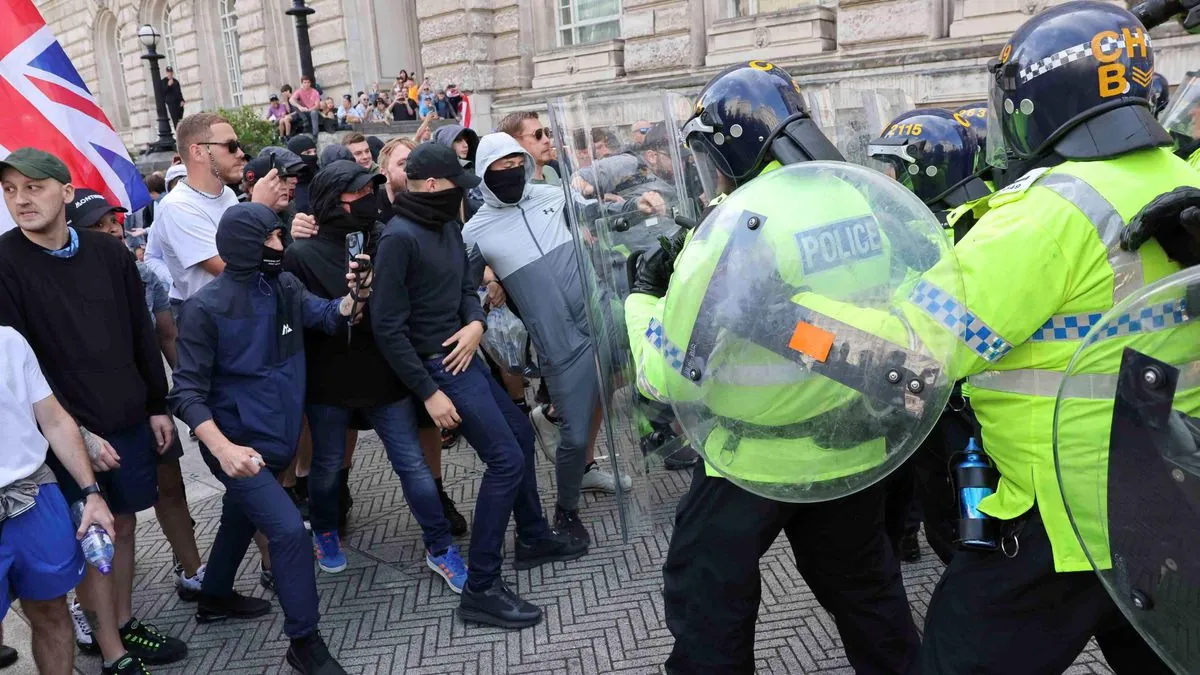In a recent development, a 12-year-old boy has become the youngest individual to receive a sentence for participating in the far-right riots that occurred in England approximately 1.5 months ago. The incident, which took place on July 31, 2024, in Southport, saw the young offender throwing stones at law enforcement officers during a disturbance outside a local mosque.
The boy, whose identity remains protected due to his age, admitted to a charge of violent disorder. On September 16, 2024, District Judge Wendy Lloyd issued a sentence that includes a three-month curfew order and a 12-month referral order, requiring the youth to engage in a rehabilitation program.
"It was an angry mob and you chose to be part of it."
The judge emphasized the severity of the riots, describing them as having "shaken society to the core." This case highlights the complex issue of juvenile involvement in civil unrest, with the age of criminal responsibility in England and Wales being 10 years old.
The Southport riots erupted following a tragic incident where three young girls lost their lives in a stabbing attack at a dance class. False information spread rapidly online, erroneously claiming that the suspect was an asylum-seeker. This misinformation fueled tensions, leading to a crowd of hundreds gathering outside the Southport Islamic Society Mosque. The situation escalated, resulting in a police vehicle being set ablaze and attempts to forcibly enter the mosque.
The unrest in Southport was not an isolated incident, as similar disturbances spread to other towns and cities across England. However, authorities managed to contain the situation through swift action, including rapid arrests and charges. Law enforcement officials have reported over 1,000 arrests and more than 800 charges related to these events.
This case underscores the potential consequences of false information spreading online and the importance of critical information consumption. Social media platforms have faced criticism for their role in the rapid dissemination of misinformation, which can lead to real-world violence.
The sentencing approach taken with the young offender reflects the UK's juvenile justice system's focus on rehabilitation rather than punitive measures. Curfew and referral orders are common community-based sentences for young offenders, aiming to prevent reoffending through structured programs.
As England grapples with the aftermath of these riots, the incident serves as a reminder of the long-lasting impact such events can have on local communities and the importance of addressing underlying social tensions to prevent future unrest.
